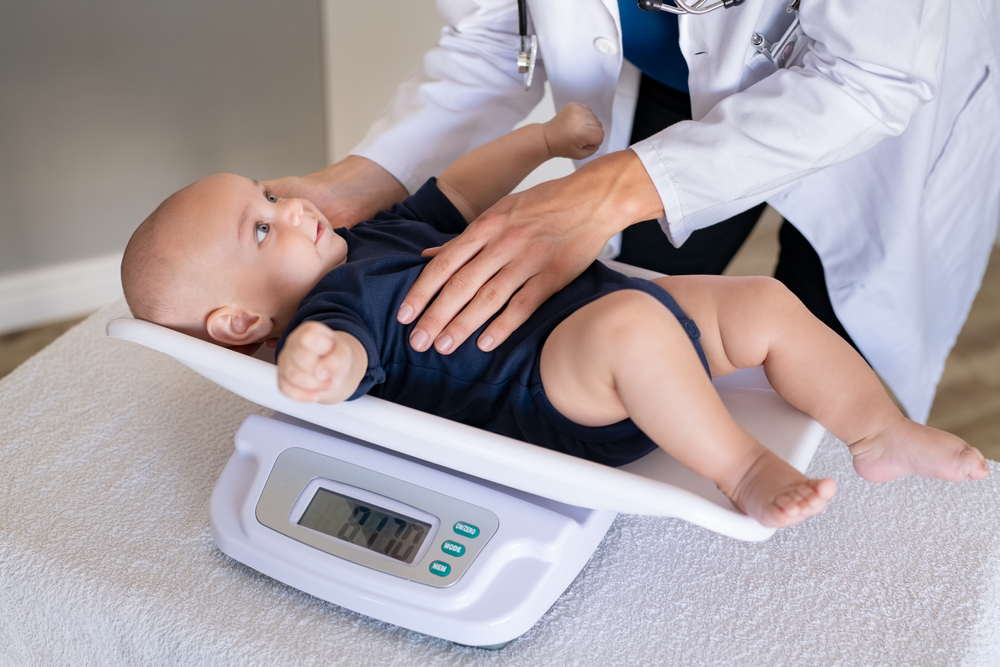
As a parent, watching your baby grow and change can be one of the most rewarding experiences. From their first smile to their first steps, each milestone brings new joys and challenges. At Bayside Pediatrics P.C., we know how important these early stages are, not just for family memories, but for ensuring your baby is on track developmentally.
Why Tracking Growth and Development is Important
Early tracking of physical growth and developmental milestones allows your pediatrician to ensure your baby is progressing as expected. Regular check-ups help monitor physical growth, such as weight, height, and head circumference, alongside behavioral and cognitive milestones like responding to sounds, reaching for objects, and babbling.
Key Physical Growth Measurements
During regular visits, your pediatrician will measure:
• Weight: Babies typically double their birth weight by 5-6 months and triple it by their first birthday.
• Length (Height): Steady growth is a sign of good nutrition and health.
• Head Circumference: This indicates healthy brain growth, which is essential in the first two years.
Your pediatrician will plot these measurements on a growth chart, comparing them with average growth patterns to identify any potential issues early.
Developmental Milestones to Watch For
Each baby grows at their own pace, but certain behaviors are common at specific ages. Here are some developmental milestones to look for in the first year:
• 0-3 Months: Your baby should start responding to sounds, such as turning their head toward your voice or looking toward a rattle. They may begin to smile and coo, building early social bonds.
• 4-6 Months: By this age, babies usually begin reaching for toys, bringing objects to their mouth, and recognizing familiar faces. They may roll from their tummy to their back, showing early signs of physical strength and coordination.
• 7-9 Months: Sitting without support and possibly starting to crawl are typical in this phase. They’ll also respond to their name and may babble with consonant sounds like “mama” or “dada.”
• 10-12 Months: By their first birthday, many babies can stand with support, and some may even take their first steps! They’ll often respond to simple words like “no” and start engaging more actively in play.
How to Support Your Baby’s Development
Here are some tips to foster a supportive environment for your baby:
• Provide Safe, Engaging Toys: Simple toys that encourage reaching, grasping, and exploring textures help develop motor skills.
• Talk and Sing to Your Baby: Language exposure supports cognitive growth and emotional bonding.
• Encourage Movement: Giving your baby tummy time and space to crawl safely strengthens muscles and improves coordination.
When to Talk to Your Pediatrician
If your baby shows delays in meeting multiple milestones or appears to lose skills they once had, don’t hesitate to reach out to your pediatrician. In many cases, a slight delay may not be a cause for concern, but early intervention can make a significant difference if support is needed.
Partnering with Bayside Pediatrics P.C. for Expert Care
At Bayside Pediatrics P.C., our goal is to be your partner in supporting your child’s health and development. We’re here to answer your questions, provide guidance, and help you make the best choices for your baby’s well-being.
Stay on top of your baby’s growth and development journey with the expert care at Bayside Pediatrics P.C. Schedule your next well-child visit to ensure your little one is on track and thriving. Visit our office in Bayside, New York, or call (718) 229-7337 to book an appointment today.





